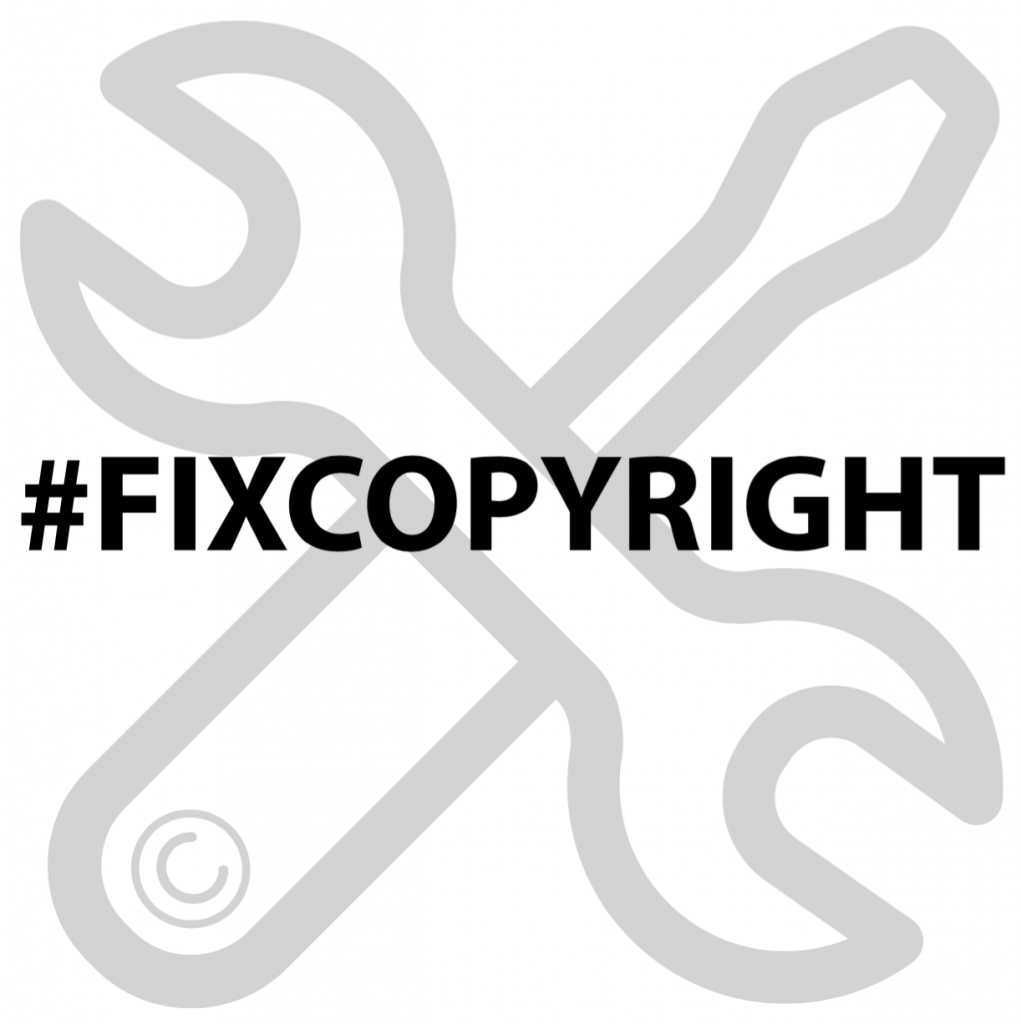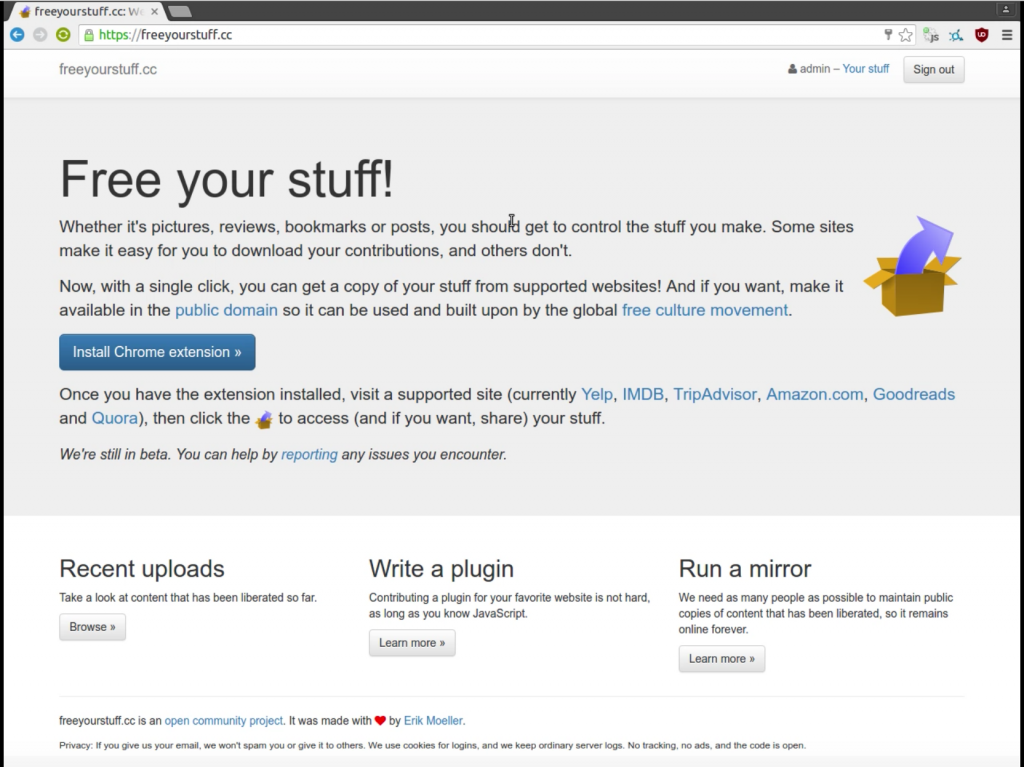Leaked European Commission Copyright Plans Ignore the Public Interest
mardi 30 août 2016 à 20:18
Creative Commons has been actively engaged in efforts to support copyright reforms aligned with the commons and the public interest, including the copyright reform consultations in the European Union. Via the Communia Association, CC Europe affiliates are at the center of this debate, providing education and advocacy for forward-thinking reforms to the copyright framework. We know the CC vision will not be realized through licensing alone, and our experience has reinforced our belief that to ensure the maximum benefits to both culture and the economy in this digital age, the scope and shape of copyright law need to be reviewed.
This is why we’re disappointed in the leaked draft of the Commission’s “impact assessment” of the proposed changes to EU copyright law. The document confirms some of our worst fears about the forthcoming copyright proposal: it introduces few and mostly superficial changes to copyright in support of users and the public interest, while doubling down on policy interventions benefiting rights holders and incumbent industries.
Here’s just a few of the problematic policy options contained in the report.
The impact assessment shows that the Commission is planning on introducing a new copyright-like right for news publishers despite the wide opposition. These types of rights would permit publishers to try to extract fees from search engines for incorporating short snippets of—or even linking to—news articles. The link tax doesn’t work. It would create additional burdens on researchers and educational institutions, it undermines the intention of authors who wish to share without additional strings attached (such as creators who want to share under Creative Commons licenses), and it would have a negative impact on access to information online. This Commission should decide against pursing this policy option.
Regarding access to copyrighted content for teachers, the impact assessment recommends that there be a “mandatory exception with a cross-border effect covering digital and online uses in the context of illustration for teaching, with the option for [Member States] to make it (partially or totally) subject to the availability of licences.” The policy option will cover a broad spectrum of works in the service of teaching and learning, but it’s disappointing that the proposal would permit member states to continue to push for a licensing approach. This would be in opposition to the intention of the exception—which is to facilitate improved access to education and research materials. Licensing can’t solve all problems—especially when licensing limits what can be done with the content—or when it would impose high access and use fees. It’s also troubling that the exception would only benefit formal educational establishments, and only cover the sharing of copyright-protected works within closed online networks (such as a school’s learning management system). The exception that should be introduced would allow anyone in the service of teaching and learning to use and share content online for educational purposes (at least non-commercially), without the additional burden of having to acquire a license to use it.
The impact assessment describes the possibility of introducing an exception that would enable the practice of text and data mining (TDM) for both noncommercial and commercial activities. However, the policy option described here would only be available to “public interest research organisations”. This would artificially restrict the incredible potential for TDM discoveries and innovation by excluding the private sector. In addition, the recommendation limits the scope of the TDM activity to only “scientific research purposes”. This constraint would decrease the potential impact of novel TDM uses, such as for journalism-related investigations, market research, or other types of activities not strictly considered scientific research. The exception that should be introduced would allow anyone to undertake text and data mining of all lawfully accessible materials for any purpose.
In addition to the policy options mentioned above, there are several other proposed interventions that would benefit large rights holders over the public. It’s also telling what is not discussed in the impact assessment. For example, the issue of freedom of panorama is not addressed in a similar fashion as the other possible changes. This is a relevant policy area in which the Commission asked for feedback, and the public responded with a resounding call to protect the sharing of photos taken in public places. We support the inclusion of a broad right for freedom of panorama, and it should apply to both commercial and noncommercial uses of images of architecture, sculpture, and other objects in public spaces. The exception should be mandatory across the EU, and should cover both online and offline uses.
The leaked impact assessment clearly shows the Commission’s preference to prop up the rent-seeking interests of entrenched rights holders peddling fading business models. We’re disappointed in the impact assessment—both the anemic policy recommendations as well as the opaque process that has apparently disregarded most of the feedback from the public. It’s not too late for the Commission to include policy proposals that would truly empower users in the digital age. It’s high time the Commission start engaging in transparent, consultative policy making that champions the broad interests of the many instead of the narrow demands of the powerful few.
Screwdriver And Wrench by To Uyen, CC BY 3.0 US
Copyright by Marek Polakovic, CC BY 3.0 US
The post Leaked European Commission Copyright Plans Ignore the Public Interest appeared first on Creative Commons.
